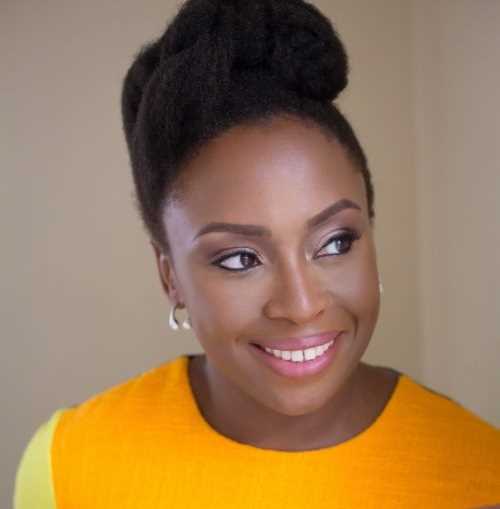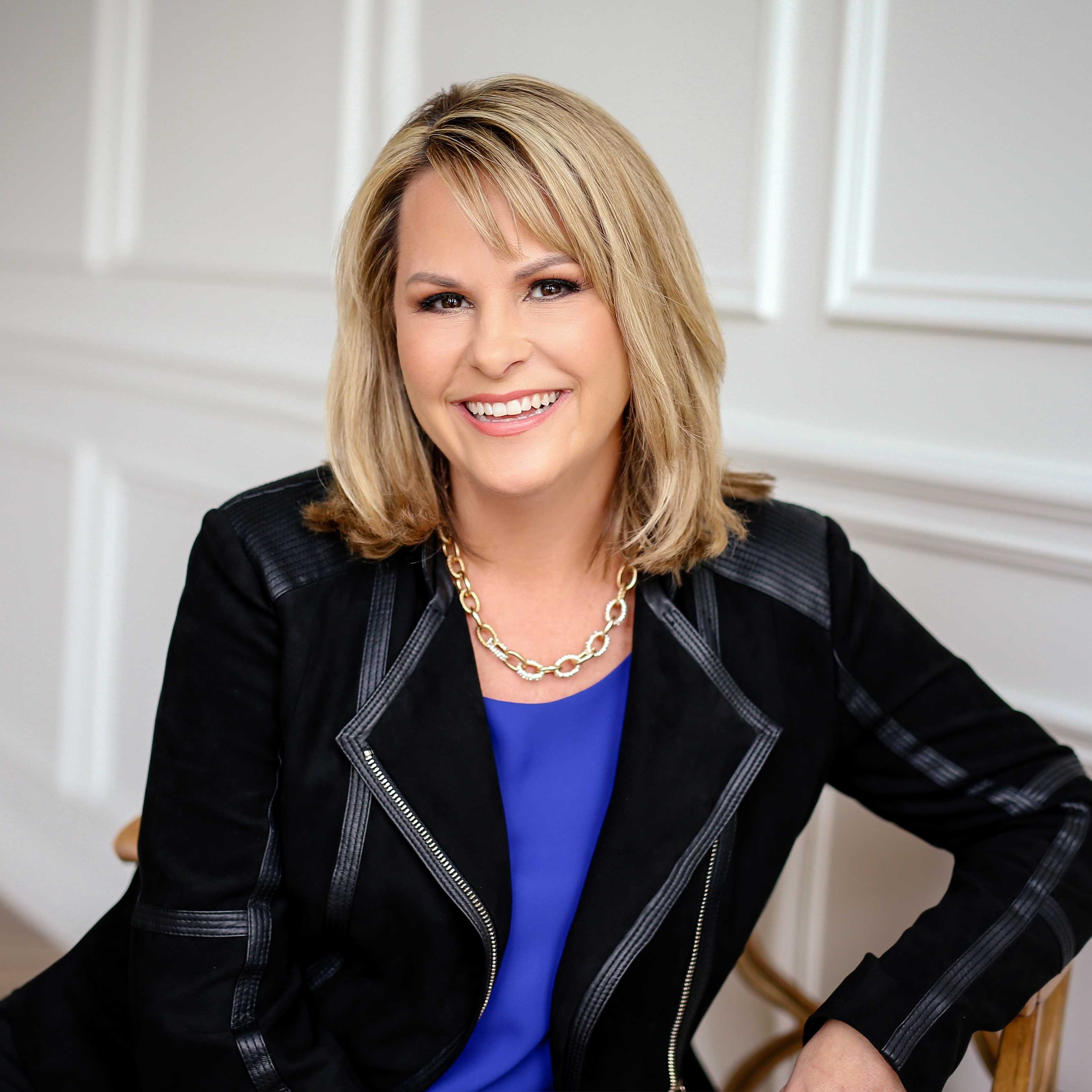
Chimamanda Ngozi Adichie
- Feminist, Author, Teacher
- Author of Dear Ijeawele, or a Feminist Manifesto in Fifteen Suggestions and The Thing Around Your Neck
In Person-Fee 🛈
$100,000 - $200,000
Virtual Fee:
$50,000 - $100,000
Travels From
Africa
Chimamanda Ngozi Adichie Speaker Biography
Chimamanda Ngozi Adichie grew up in Nigeria.
Her work has been translated into over thirty languages and has appeared in various publications, including The New Yorker, Granta, The O. Henry Prize Stories, the Financial Times, and Zoetrope. She is the author of the novels Purple Hibiscus, which won the Commonwealth Writers’ Prize and the Hurston/Wright Legacy Award; Half of a Yellow Sun, which won the Orange Prize and was a National Book Critics Circle Award Finalist and a New York Times Notable Book; and Americanah, which won the National Book Critics Circle Award and was named one of The New York Times Top Ten Best Books of 2013. Ms. Adichie is also the author of the story collection The Thing Around Your Neck.
Ms. Adichie has been invited to speak around the world. Her 2009 TED Talk, The Danger of A Single Story, is now one of the most-viewed TED Talks of all time. Her 2012 talk We Should All Be Feminists has a started a worldwide conversation about feminism, and was published as a book in 2014.
Her most recent book, Dear Ijeawele, or a Feminist Manifesto in Fifteen Suggestions, was published in March 2017.
A recipient of a MacArthur Foundation Fellowship, Ms. Adichie divides her time between the United States and Nigeria.
Feminism as a Global Enterprise
Chimamanda Adichie’s important of feminism talk recounts many of her experiences as a child, adolescent, and adult, including the first time she was called a feminist -- which was not meant as a compliment.
Adichie seeks to rid the word feminist and practice of feminism from its negative associations. She focuses on how our current understanding of gender negatively impacts women and men, noting that boys are stifled by masculinity. Boys are taught to suppress their emotions and vulnerability and prove themselves through monetary means, ultimately leaving them with a “fragile ego." In turn, girls are raised to accommodate this fragility, often compromising, reducing or erasing themselves for the sake of their relationships. Adichie also notes that women lack the sexual autonomy that is given to men as a birthright; instead, their sexual selves are tainted with guilt, shame and a lack of knowledge about desire.
Adichie urges us to “unlearn the lessons of gender we internalize growing up” because gender is a reflection of how a culture thinks we should be, not necessarily how we are.
Breaking Down Stereotypes
Chimamanda Adichie’s dangers of stereotypes speech discusses an international pandemic whereby stereotypes have evolved into a representation of a nation, emphasizing the dangers of a single story.
Adichie describes her childhood as filled with foreign British and American novels. As an avid reader, she submerged herself into the world of these characters, which are reflected in her own stories. They played in the snow, ate apples, drank ginger beer and talked about the weather. She had no idea what ginger beer was but she wrote about it because all the characters she read about enjoyed it. As she grew older, her reach for different literature expanded and she came into contact with African stories where she discovered that people "like [her]" could exist in books too.
In her speech, Adichie stresses the threat of the single-story where generalizations reflected in media or books can claim even the most intellectual minds. These misconceptions can fester and eventually affect the legitimacy of one’s work. Her characters, claimed one of her professors, were not "authentic" enough because "they were too much like him," middle class and educated, a preconceived notion that no doubt lingered in his mind before meeting someone from Africa. A single-story, Adichie calls, robs people of their dignity and emphasizes their differences rather than similarities.
The Importance of Trying
In her feminist talk, Chimamanda Ngozi Adichie addresses the graduating class of Wellesley College. The commencement speaker offers a wide range of advice, from the power of a good lipstick shade in lifting moods to gender injustice.
The feminist talk references several personal anecdotes about what the writer learned from the world. She notes that, contrary to what some may believe, men are not inherently bad or evil, just privileged. By nature, privilege blinds and a college degree offers its recipients privilege as well. She also says victimhood is not a virtue and standardized ideology won't always fit life.
The graduation speech encourages people to try, although we can't always bend the world into the shapes we want. Education also gives them tools to try. She emphasizes the need to try and create the world you want to live in. In addition to discussing the inclusivity, the feminist talk advises the graduates to be themselves, to never accept 'because you are a woman' as a reason to do or not do anything and to give and receive love.



























